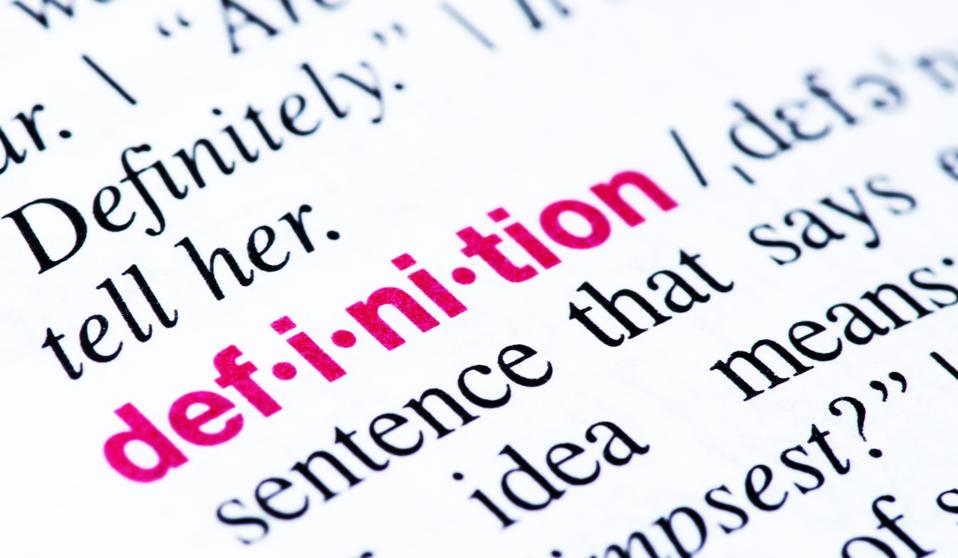There is much attention on self improvement these days. An assumption permeating the culture is that the pursuit of the best possible you is a necessary endeavor on the road to success. Online courses abound, self-help books sell. Podcasts about mental health and overcoming the effects of gaslighting, trauma, and self denigration proliferate — all in service to a state of one’s better well-being.
Being a writer, I notice the influence and power of words. In the business world’s marketing and communications toolbox this is a necessary skill.
Purpose, leadership and power — an important triumvirate. There has been a great deal written about what each of these words signify, but not so much about their relationship to and influence upon each other. Some might even think there is none, but I disagree. The role that purpose and leadership play in the business world is easily recognized, but what about power? Down in the entrepreneurial trenches we may not have time to think of power, per se. Yet these three, besides being central to the pursuit of commerce, can also play an integral part in mental health and well-being.
Power is an interesting word. It is the only one of these words that lives in all three forms: noun, verb and adjective. Purpose is both a noun and an adjective but doesn’t exist in the active verb form. Leadership is a whole other kettle of word-fish. Check these definitions out from the Britannica dictionary:
Leadership on the other hand is only a noun. The Britannica’s definition of leadership is:
1. a position as a leader of a group, organization, etc.
2. the time when a person holds the position of leader
3. the power or ability to lead other people
Britannica does go on to give examples, sample usages, sentences and all. Yet that, nor any of these definitions, can satisfy the question of the relationship between these three. Following is a quick look at said relationship.
‘Purpose” comes first. It is born and needs fulfilling. A dream, a vision, a need. It is the driving force that calls for leadership – the who, how, where, when. And as the leadership of the purpose confronts these and devises successful plans and actions, power can come into the picture, altering purpose and leadership. What level and sort of power varies. It may be, classically, “power over.” It may be “power to create change” and it may be simply, albeit importantly, the acquisition of “personal power.” In some instances it is all of these…and sometimes more: empowerment.
An immediate and visible example of the relationship between purpose, leadership and power jumps to mind: the Taylor Swift phenomenon. Her rise to prominence is hard to ignore. Taylor’s initial purpose might have been as simple as the desire to sing and make a living as an artist. Success and fame led to the need for greater organization and intention — i.e., leadership — and it appears she stepped up. Her purpose seems to have expanded with an awareness of her ability — her power — to positively influence fans. Her “products” may now be said to include self-confidence, hope, authenticity and empathy. She is perceived as empowering, hence, the mental health and well-being connection. Road signs directing her fans towards their best selves.
Can you tell I am a wordy girl? I think that in our current times the examination of and engagement with the purpose and power of these concepts is all-important… and requires bold new leadership.

